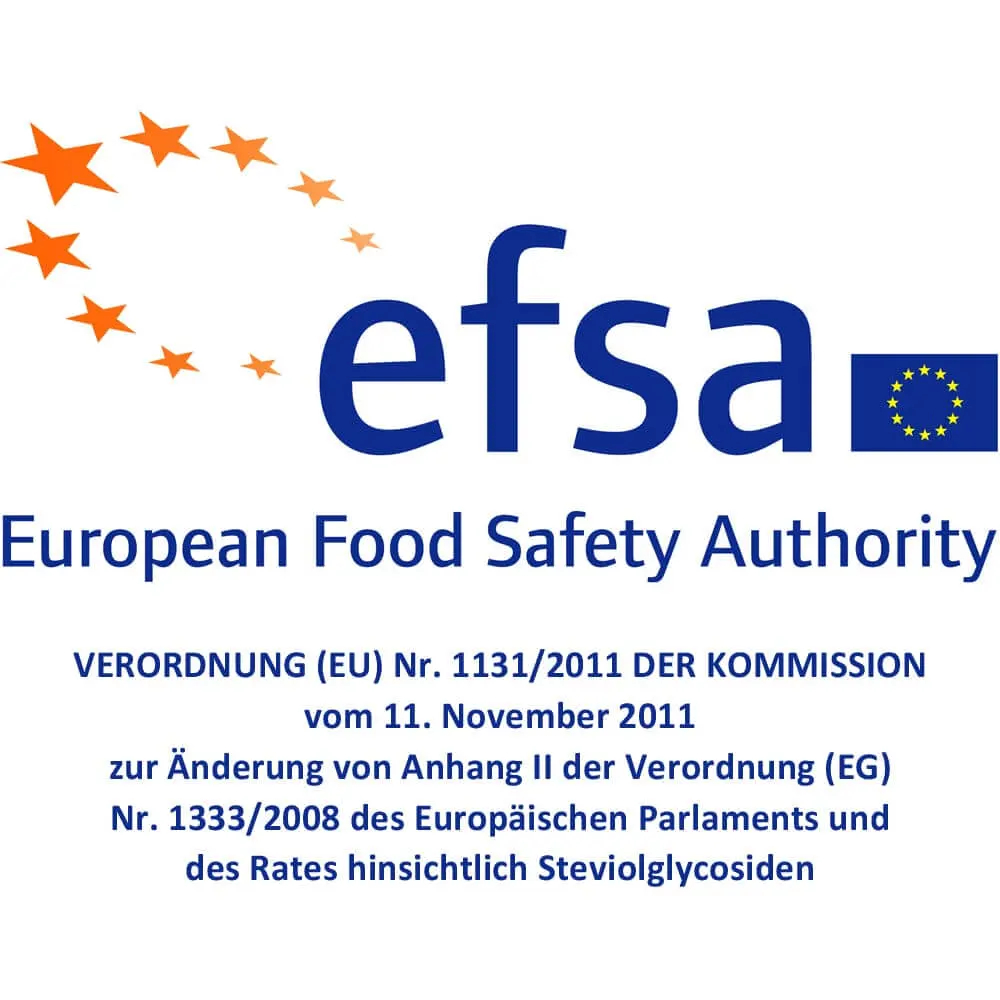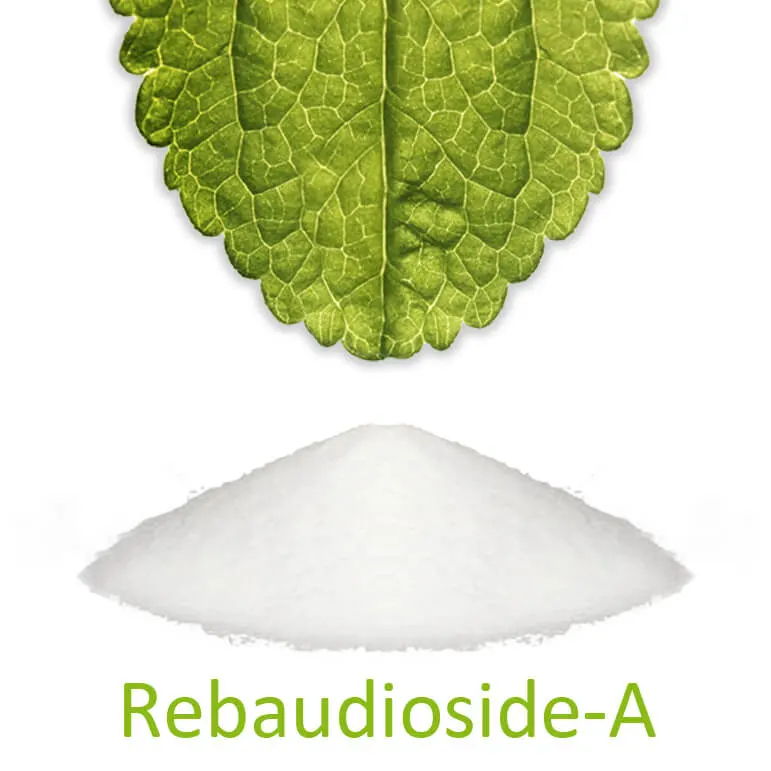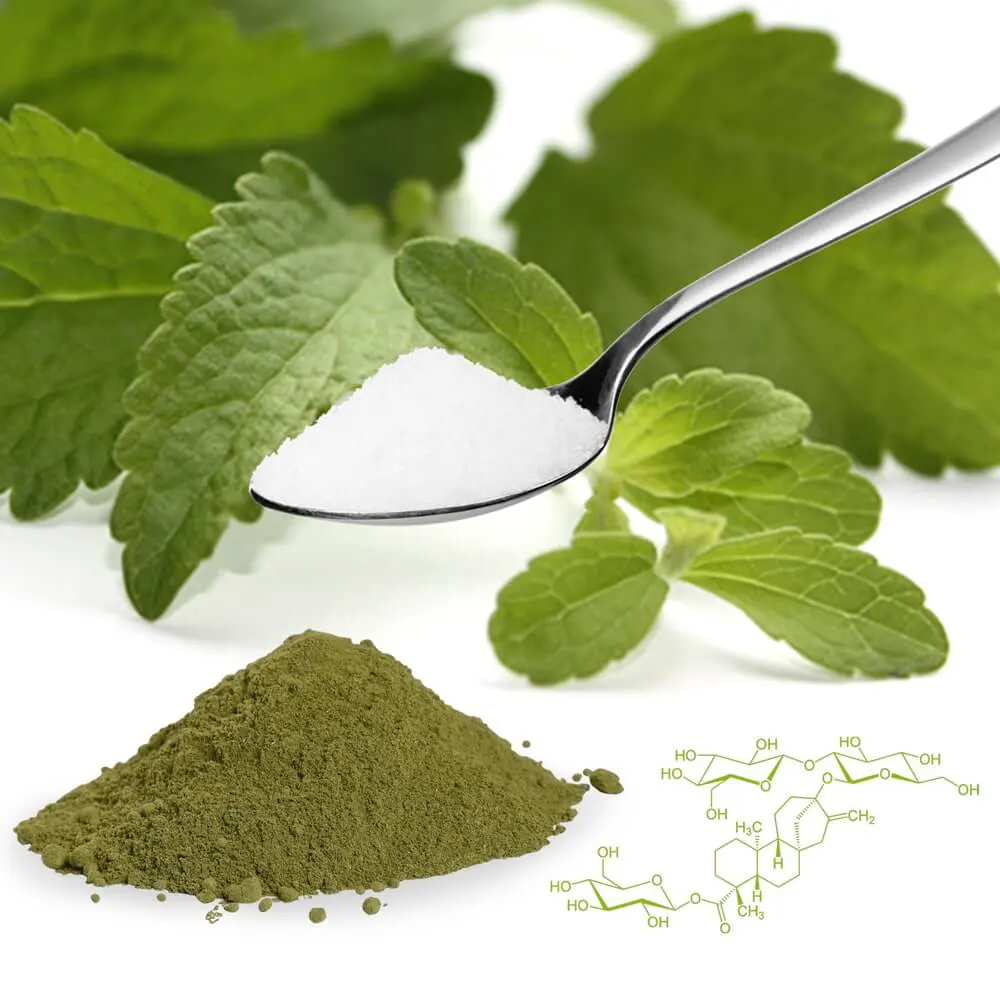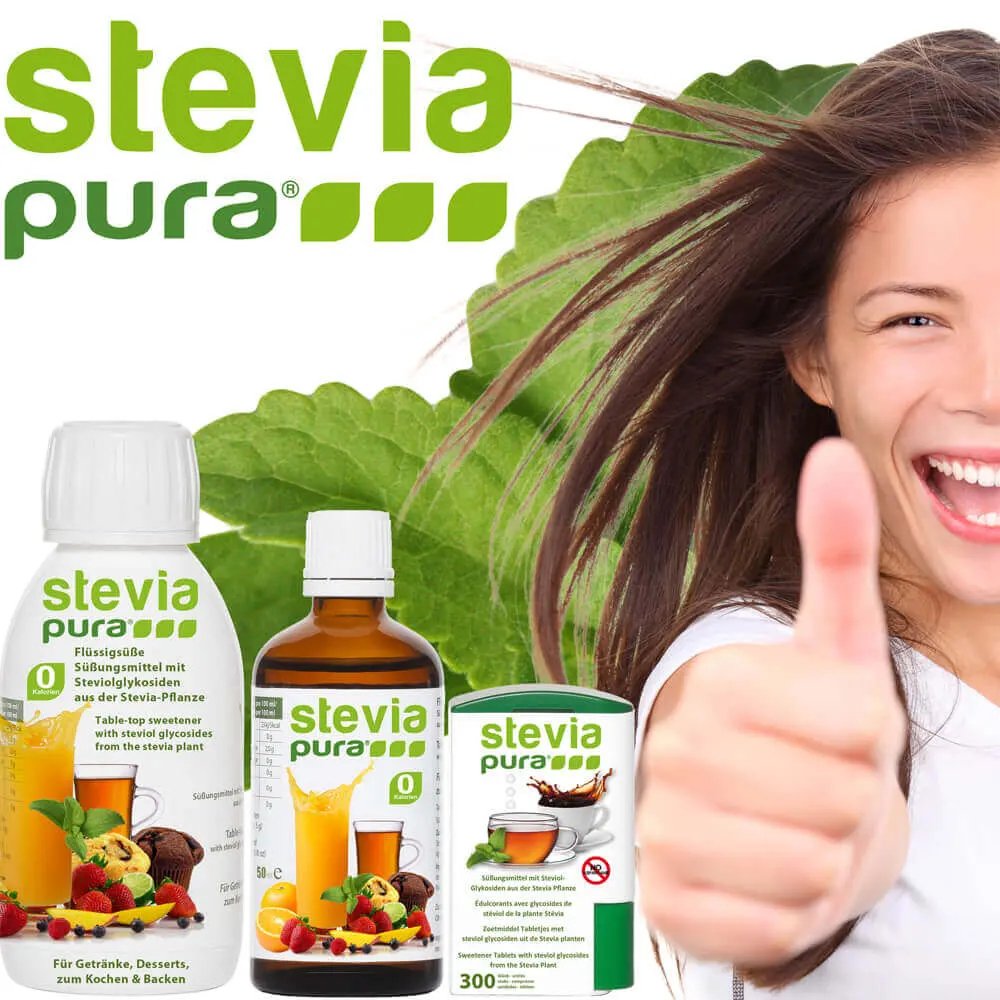The approval of Stevia
The approval of Stevia as a sweetener
The official approval of Stevia in Europe, and thus also in Germany, was granted by EFSA, the European Food Safety Authority, in December 2011.
Before the approval, Stevia was marketed as a bath additive or cosmetic. At that time, Stevia sweeteners could not be sold as food.
The interest in the health-promoting sweetening power of Stevia rebaudiana grew in the population and the approval is mainly due to the efforts of Prof. Dr. Jan Geuns from the University of Leuven in Belgium.
Stevia has been approved in the EU and Germany since 2011.
In Germany, the agricultural faculty of the University of Bonn and Hohenheim have been intensively involved in the cultivation, research, production and processing of Stevia since the mid-1980s. Here, the first field trials with different Stevia plant genera were also undertaken.

The approval of Stevia extract - steviol glycosides in the EU
It took almost 25 years for Stevia extract to be approved in the EU and thus also in Germany.
According to the "Novel Food Regulation", novel foods and food additives may not be marketed in the EU until they have been declared safe.
After reviewing all the data, the EFSA experts approved the applications for EU authorisation submitted by EUSTAS (European Stevia Association) and two companies for Stevia and steviol glycosides.

Maximum daily intake (ADI)
For steviol glycosides, an ADI value (maximum daily intake) of about 0-4 mg steviol equivalents per kilogram of body weight has been established.
If one converts this value to steviol glycosides, one obtains an amount of about 12 mg/kg body weight, depending on the composition.

Health safety of steviol glycosides
Since sweeteners are declared as so-called food additives in the Food Act, they have to undergo a strict examination to check whether the substance is harmless to health.
In these examinations, it does not matter whether the additive is a natural or artificially produced sweetener. As long as a food additive has no benefit for the consumer, it will not be approved as such.
This is a victory for all health-conscious consumers in Germany and Europe.
In order to jointly market steviol glycosides worldwide and use them in their products, big names like Coca-Cola and Cargill have increasingly joined forces in recent years.
The two companies have published new studies on the health safety of steviol glycosides, as long requested by the EU Commission's Scientific Committee on Food. The final opinion of the EU Food Safety Authority was presented on 14 April 2010.
In this opinion, the health safety of steviol glycosides up to a daily maximum amount of 0-4 mg per kilogram of body weight could be determined.

The worldwide distribution and approval of Stevia
In Japan, the first Stevia cultivation has been practised since the 1960s. The health-conscious attitude of the Japanese towards nutrition led to Japan being one of the first countries, along with Brazil, to intensively research and use steviol glycosides on a large scale.
Japanese and Brazilian scientists were able to jointly prove in studies that steviol glycosides are not toxic. Today, Japan is one of the largest consumers of the natural sweetener steviol glycosides, importing them mainly from China, Brazil, Korea and Taiwan. Japanese consumers now have a wide choice of Stevia products and Stevia-sweetened foods and beverages.
Since 2008, Australia, New Zealand and Switzerland (under fast-track approval) have allowed Stevia products to be marketed. Herbal teas, sweets, iced tea and many other foods sweetened with steviol glycosides can be found there.
In South America, especially in Argentina, Brazil and Paraguay, the home of the Stevia rebaudiana plant, Stevia has been cultivated and used since the beginning of the 20th century. The question of Stevia approval never arose here. The situation is similar in Asia, especially Southeast Asia, where Stevia is now an important export commodity.

 German
German Dutch
Dutch French
French Italian
Italian Portuguese
Portuguese Spanish
Spanish
